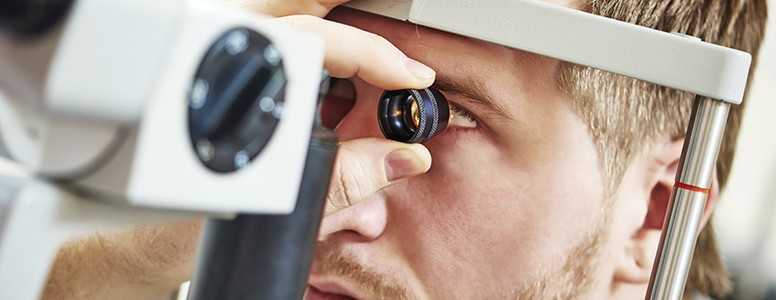A combination of two drugs has been shown to ‘delay the progression’ of diabetic retinopathy in rats and could be beneficial for humans, researchers report.
The combination therapy, known as angiotensin receptor neprilysin inhibitor (ARNI), includes irbesarti, a blood pressure drug, and thiorpha, a drug developed to stop diarrhea.
The study was carried out across 12 weeks on rats. The researchers compared the drug combination with using just the blood pressure drug, irbesartin. The researchers then reviewed progression of retinopathy in the mice.
The findings showed the two medications together decreased capillary loss by 68 per cent, when compared to the single drug which only resulted in a 43 per cent reduction.
The combination also reduced cell death by 51 per cent, whereas the single drug treatment only managed a 25 per cent reduction.
Researchers from the University of Florida Health and the Erasmus Medical Center in the Netherlands say the results suggest a “promising and unique potential treatment” for diabetic retinopathy.
The condition, which is a common diabetes complication, damages blood vessels at the back of the eye.
Although the combination therapy does not treat existing damage caused by retinopathy, researchers say it can slow down the progression of the condition.
Dr Tuhina Prasad, a postdoctoral associate in the UF College of Medicine’s department of ophthalmology research and a co-author of the paper, said: “If you can decrease that inflammation, it protects the retinal cells and delays the progression of the disease.”
Before the treatment can be trialed in humans, researchers said more work is needed to be carried out on possible side effects of the drug combination.
The study was part funded by the National Institutes of Health, the American Diabetes Association and the Bright Focus Foundation. The National Eye Institute and Research to Prevent Blindness also provided support.
The findings are published in the Investigative Ophthalmology and Visual Science journal.
What's new on the forum? ⭐️
Get our free newsletters
Stay up to date with the latest news, research and breakthroughs.





